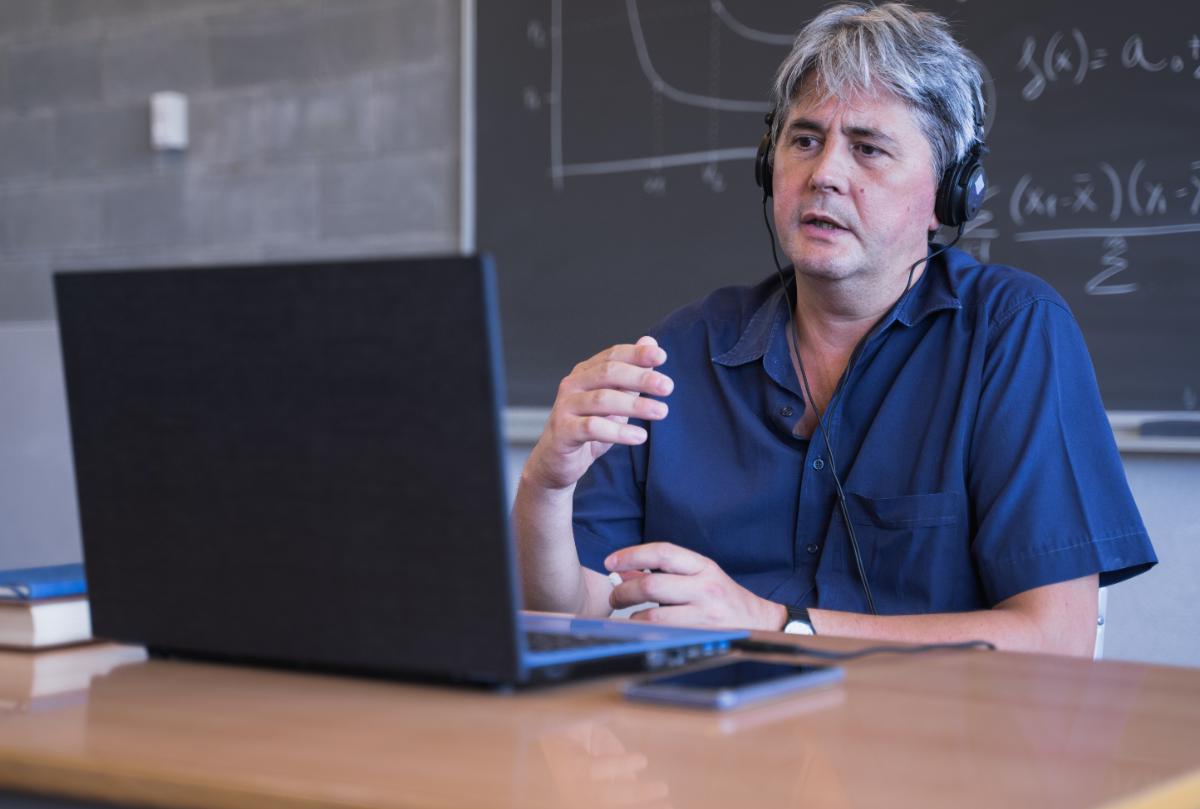It’s a common misconception amongst students that some are just better at certain subjects than others. Whilst there is certainly an argument that some individuals have a more natural affinity for certain subjects than others, that doesn’t mean to say a subject you’re less passionate about has to result in poor grades.
Of course, if you enjoy a subject or topic such as chemistry, then it makes sense you will perform better. You’re more likely to pay attention in class, engage with discussions, read around the subject and do all your homework and studying. Conversely, if you don’t find a subject enjoyable, you will do the bare minimum expected of you to simply get it done and dusted.
However, at no point does that mean you can’t gain good grades in a subject you don’t feel naturally interested or passionate about. You may have to work harder and make a more concerted effort to achieve those improved grades – but they’re certainly not beyond your reach. Using an online science tutor or online maths tutor for instance, may be just the solution you need to help boost your exam results from an acceptable 5 to an awe-inspiring 9.

Whilst the words may occasionally be used interchangeably, the reality is there’s a distinct difference between tutoring and teaching. Ultimately, a teacher and a tutor are likely to have the same goals i.e. to ensure students understand specific subject content, the primary difference is how they go about achieving them.
A teacher will provide instruction in a formal setting, such as the classroom with a large group of students (anywhere up to 30). A teacher will also use structured lesson plans, be guided by the subject syllabus, be responsible for setting work, grading assignments and dealing with attendance in accordance with legal requirements.
On the other hand, a tutor will be able to approach learning in a far lesson formal way – acting independently of any teaching facility or establishment, working in a one-to-one capacity with their students and focussing entirely on the needs of individual learners who have hired them.

Let’s say for example you have agreed to work with a biology tutor, a maths tutor or a physics tutor – how are they going to help you improve your grades? Well, first of all they will take the time to understand where you are currently with your learning, and what your ultimate goals and aspirations are. They will likely do some past papers or assessments with you to get a good understanding of where any gaps in your knowledge lie.
From this information, your biology tutor and physics and maths tutors will be able to tailor sessions to ensure you have a good understanding of the syllabus for your specific exam board. It may be that you need to revisit some earlier topics to improve your knowledge and secure your foundational understanding. Alternatively, they may be able to move you forward in your learning, so that you already have some knowledge before your teacher even covers concepts in class; thus, giving you a head start over your peers.
Perhaps you’re looking to work with a maths and science tutor to help you improve your grades in these subjects. As well as helping you move through the relevant syllabus content at the speed that’s right for you, rather than the speed that’s right for your teacher in a full classroom, your tutor can also help you form good study habits.
Tutors are not just there to teach, really, they are there to help support the student in helping themselves. This means they are there to help you become, in essence, a better student in order for you to make the progression that you so desperately seek. Part of this process for many students is establishing good study habits in the first place.
For many students, the first time they really need to worry about studying effectively at home is when their GCSE exams are looming. Up until this point they tend to have only been exposed to end-of-year exams and assessments which have little to no bearing on their ultimate educational journey. Now though you are faced with the daunting task of writing notes, fleshing these out, organising them and using them to form the basis of effective revision.

A tutor will be able to discuss with you, in depth, the ways you learn and look at the notes you have already made as well as the other resources that are available to you. From this, they will be able to provide you with suggestions to help you improve the way you study, which are tailored directly to you. Working with a tutor on a regular basis will also help you be accountable to someone other than you, ensuring you do the work and are already dedicating more than the bare minimum of time and attention to your studies.
Working with chemistry tutors, online maths tutors or online physics tutors can also help you work on your test taking techniques and strategies. A tutor is likely to go through past and practice papers with you, under test conditions, to help you not only get a feel for the types of questions you’re likely to be asked, as well as the best ways to answer them, but also to understand how long you have to focus on each question.
Knowing the answers is of course vitally important, but it’s of no benefit if it takes you significantly longer to express those answers than you have available to you. A tutor will look at the bigger picture and all the aspects that make up the skills needed to score highly in a GCSE exam, and support you through the process of honing those skills.
Here at Tutorspot we have the perfect GCSE Tutor for you, as well as a wide range of A Level Tutors who can support you as you move through your studies. If you want to find out more simply use our handy to use search tool to find the perfect tutor for you. You can also find a tutor by emailing us at info@tutorspot.co.uk or giving us a call or text on 07480637128.
